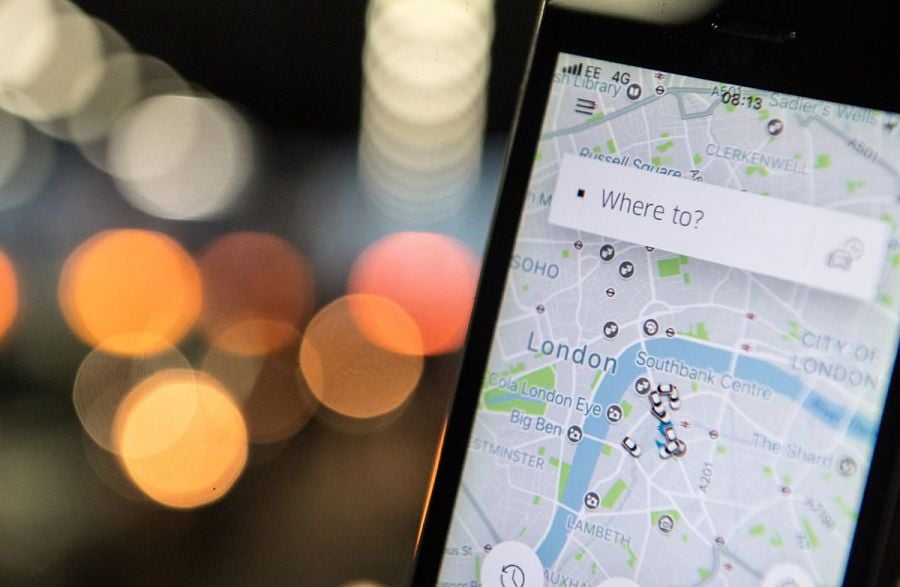Still not worried about mainstream technology companies moving into the financial services world? Well, a new challenger has entered the arena.
Uber is
reportedly planning a new outpost in New York to tap into the city's financial talent pool and build an ecosystem of financial products. According to
a LinkedIn posting for a new engineering manager, Uber is looking at both digital payments and helping its network of independent contractors manage money.
The former makes a lot of sense. With 93 million active users around the world, Uber already has extensive integrations with most banks and credit cards. The ride-sharing app also offers its own digital wallet, Uber Cash.
It's that second directive that should stand out to advisers. The so-called "gig economy" is
a growing phenomenon in the U.S. that shows no signs of slowing, especially among millennials. An EY Contingent Workforce Study estimates that an average of one in five U.S. workers will be part of the gig economy by 2020, with the portion rising as high as 40% of the workforce if you include part-time workers.
Except for Ladenburg Thalmann, which offers its advisers
software to automate taxes for gig economy workers, few traditional financial institutions have done much more than talk about the gig economy. If these workers want to save for retirement or grow wealth, they aren't going to get help from Wall Street.
Silicon Valley has taken notice. Uber already has a
partnership with digital advice startup Betterment to help Uber drivers and food deliverers access a Betterment individual retirement account or Roth IRA.
But what's to stop Uber from developing its own service it can offer directly to workers?
"Between new incentives like Uber Cash, partner products like co-branded credit/debit, gift cards, budgeting, effective saving tools, and access to affordable capital, there are endless opportunities for Uber to provide increasing value to our customers in this space," the LinkedIn job posting states.
Endless opportunities. If one of the stated goals for Uber's new fintech hub is "make lives easier for … drivers, restaurants, couriers, and truckers," the app could bring retirement savings and financial advice to a massive and underserved market.
If the gig economy continues growing as some expect it to, an Uber could build the early connections with next-generation investors that so many advisers and financial institutions are desperate to do. Offering financial services to workers could help Uber distinguish itself from other ride-sharing apps, cut out middlemen like Betterment and create a new revenue stream to satisfy shareholders after its lackluster initial public offering.
Uber isn't even the only consumer-facing tech brand making moves into financial services this week. On Monday,
Amazon launched a new "secured" credit card for its customers who have no credit history or bad credit. The program, called Amazon Credit Builder, also includes financial literacy tools, tips for building credit and the opportunity to "graduate" to an unsecured credit card.
In March, Apple
announced its own credit card, along with an updated digital wallet app to help users with budgeting and payments (which
happens to look a whole lot like existing robo-advice and financial planning apps). And Microsoft is
partnering with BlackRock on some sort of new retirement platform for the mass market.
To be clear, these companies are likely far away from offering financial advice or investment management, and they may never get there. Uber could just be looking to create its own bank accounts in an effort cut out expenses paid to traditional institutions,
according to the CNBC report.
But the message from consumer technology is loud and clear: A significant portion of their massive client base remains unserved or underserved by the traditional financial services industry. Even if today the goal is to help them get out of debt, these companies are building the framework and, more importantly, trusting relationships to offer saving, retirement and possibly investing tomorrow.
If Wall Street isn't going to help the nonwealthy, Silicon Valley is more than happy to.







